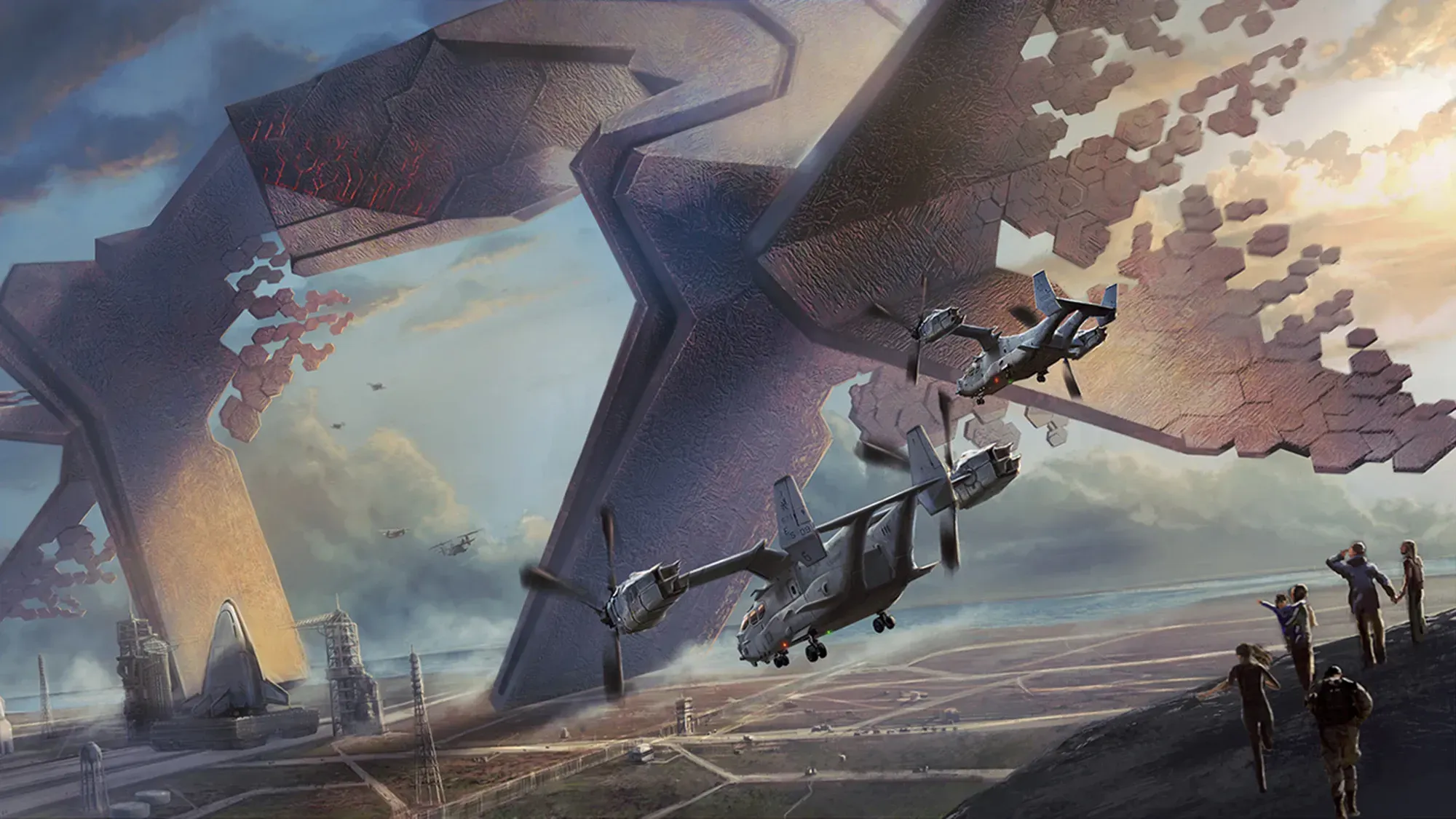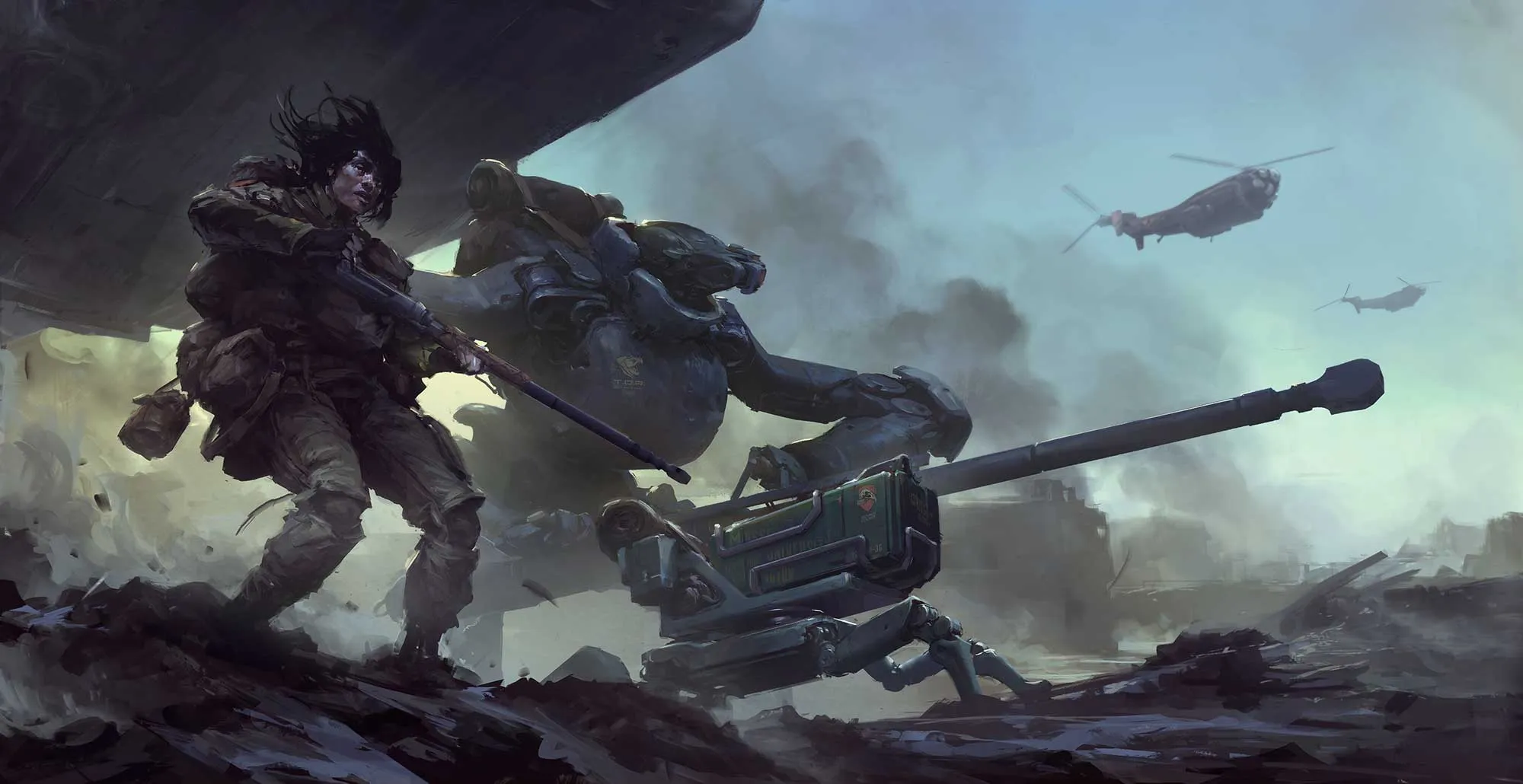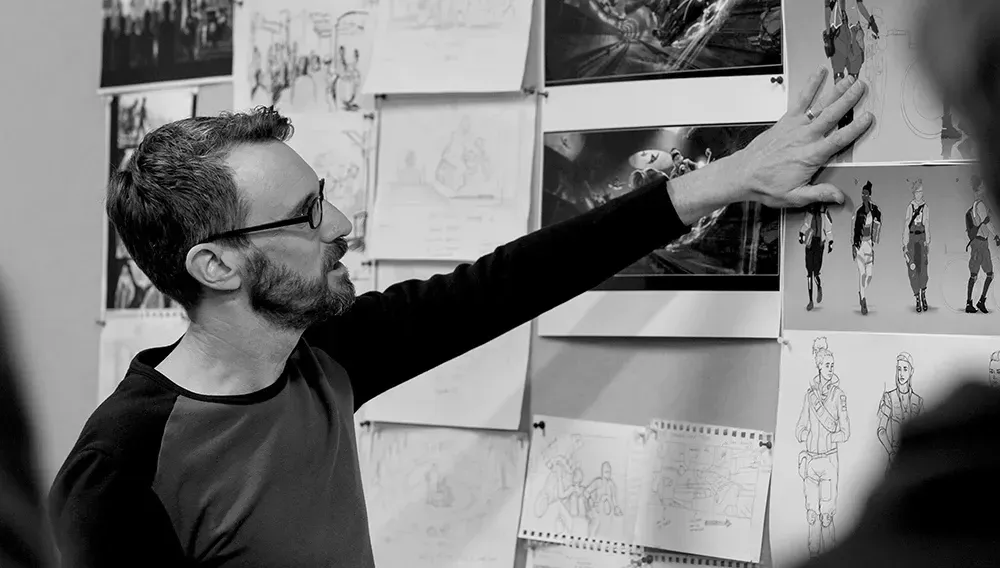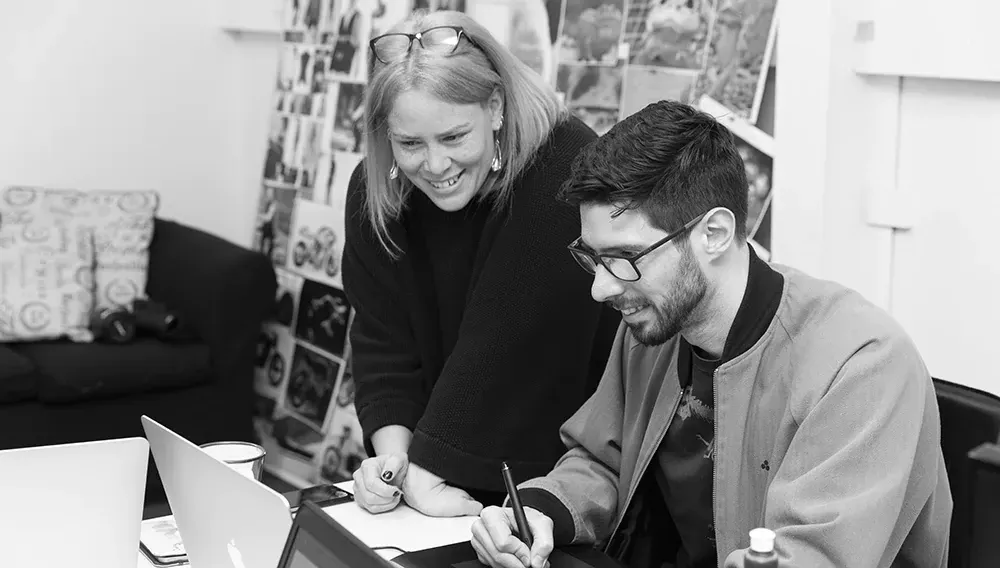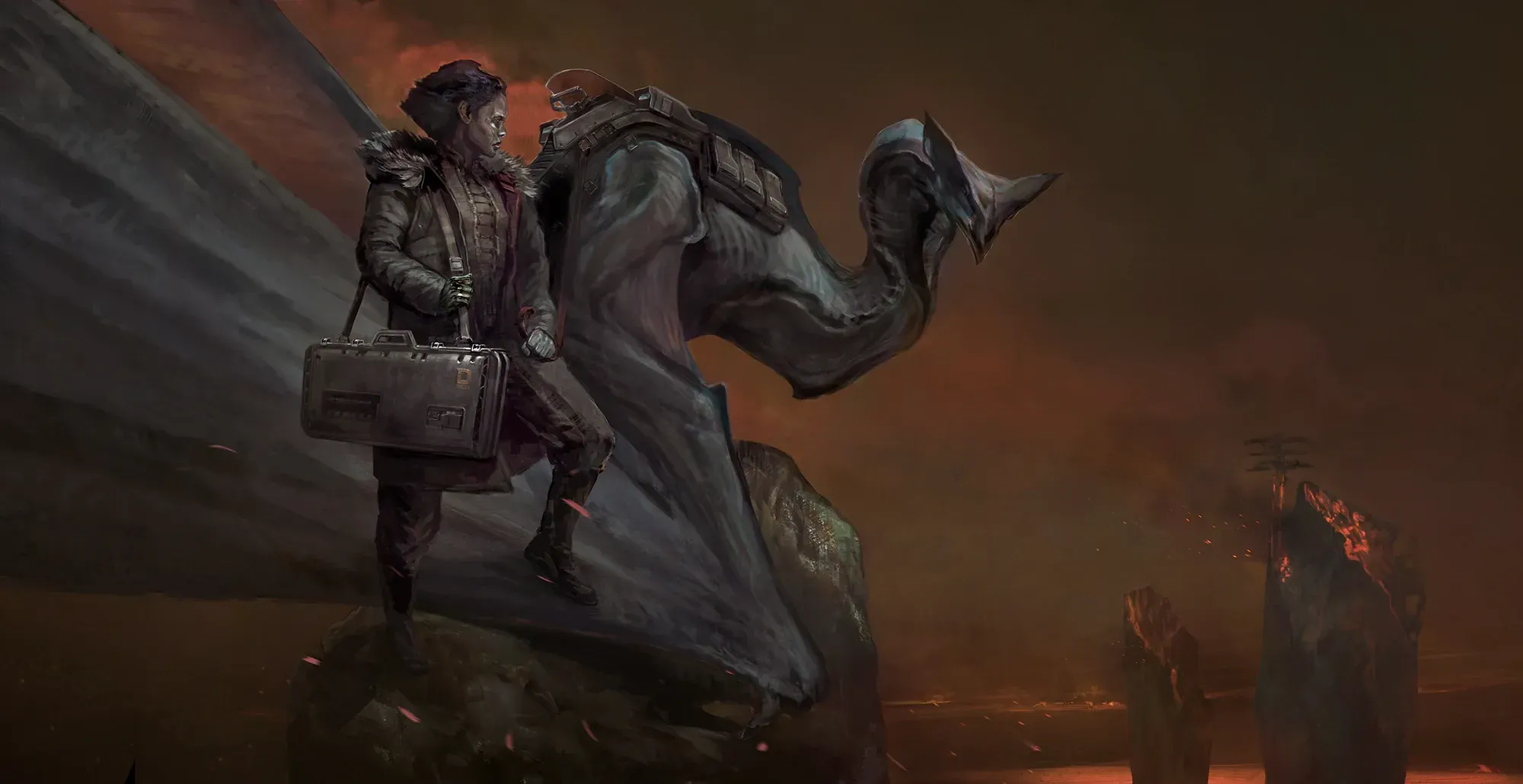Learning From the Masters
Written by
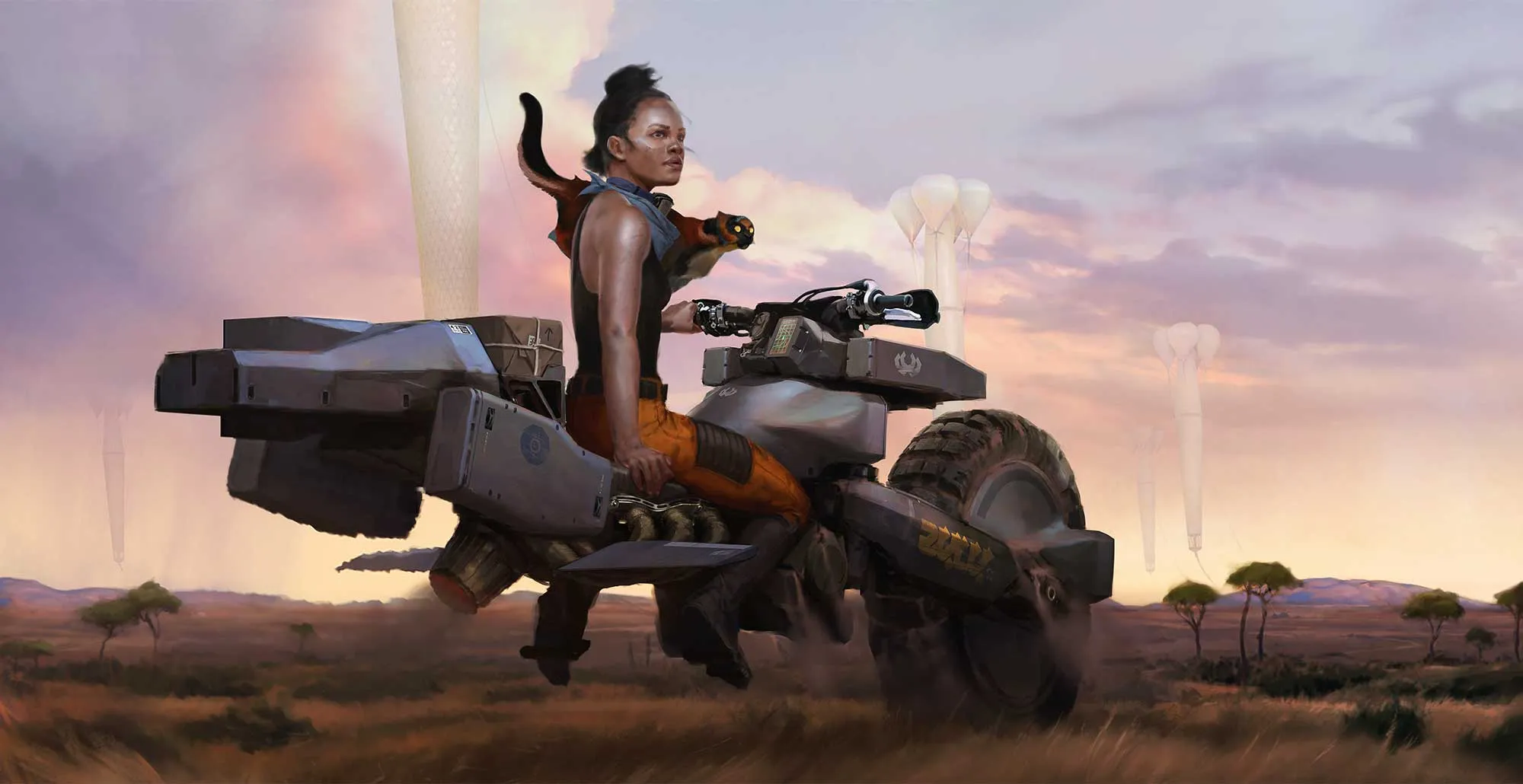
Every profession has its benchmark.
If you’re a stage actor, performing on Broadway is seen as the pinnacle. For a pianist, it’s Royal Albert Hall. Every New Zealander who ever played rugby, at some point, dreamed of being an All Black.
For the New Zealand film and concept design world, it’s Weta Workshop.
Its revered footing in the entertainment industry - both locally and internationally - has garnered universal acclaim, contributed to some of the biggest and most adventurous movies of all time and is a magnet for hyper-talented designers.
So the chance to work with Weta Workshop is a no-brainer - what about the chance to learn from them?
The Origin Story
Paul Tobin and Tanya Marriott have built their careers on turning ideas in their heads into a reality. Usually, that’s in the realm of creating characters or imaginative new worlds. But their most influential partnership is very much based in the real world.
The duo are part of the faculty at the Weta Workshop School at Massey University, a collaboration by the two Wellington institutions. And it’s a plan they’ve been building up to for years.
“We’ve been plotting this for a while,” admits Tobin. Marriott agrees, “I think we were, but we weren’t telling anyone,” she laughs.
Tobin, an Art Director and 17-year veteran at Weta Workshop, has spent much of that time passing on his skills.
“Back in 2005 I was a very junior designer, but I realised that New Zealand universities and polytechnics weren't really keeping pace with the industry. So I went back and started teaching digital painting and drawing, which was just hitting the New Zealand entertainment industry. At the time Weta Workshop was an early adopter and I just wanted to share that with the students coming through.”
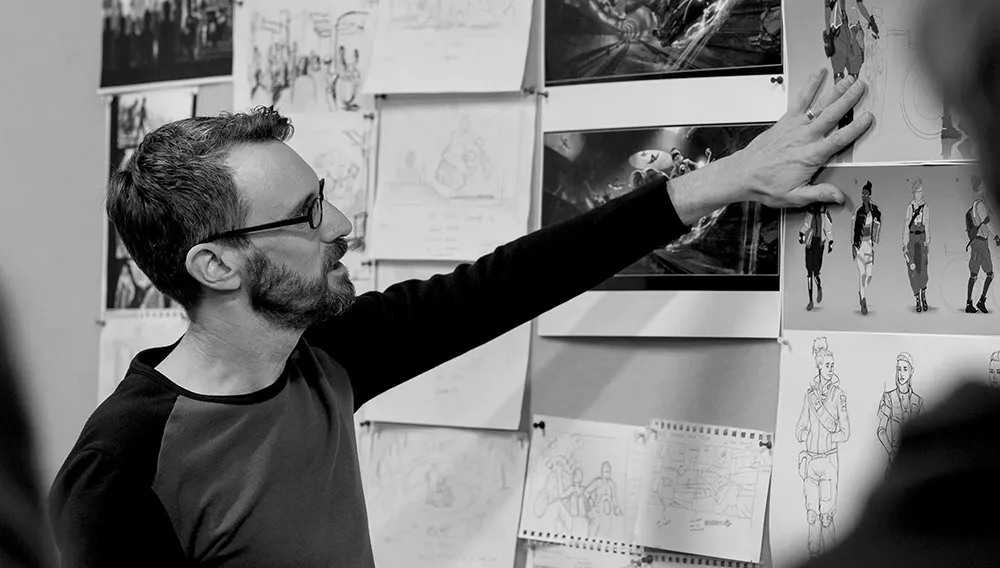
Paul Tobin, Art Director Weta Workshop and Master of Design Supervisor Massey University.
One of his first “victims” was Tanya Marriott - but she wasn’t your average student. For starters, she had already worked for Weta Workshop on the Lord of the Rings trilogy “both in the workshop and on set building miniatures,” in a career that’s seen her work overseas, primarily in the character and toy design industry.
A renowned international doll artist, Marriott has been “teaching all my life” - starting in her parents’ lounge as a teenager and has spent the past decade at Massey in their visual communication design programme.
“Being very interdisciplinary, the university seemed like a good space to land when I came home, and I’ve always been really interested in working with younger people and engaging them.”
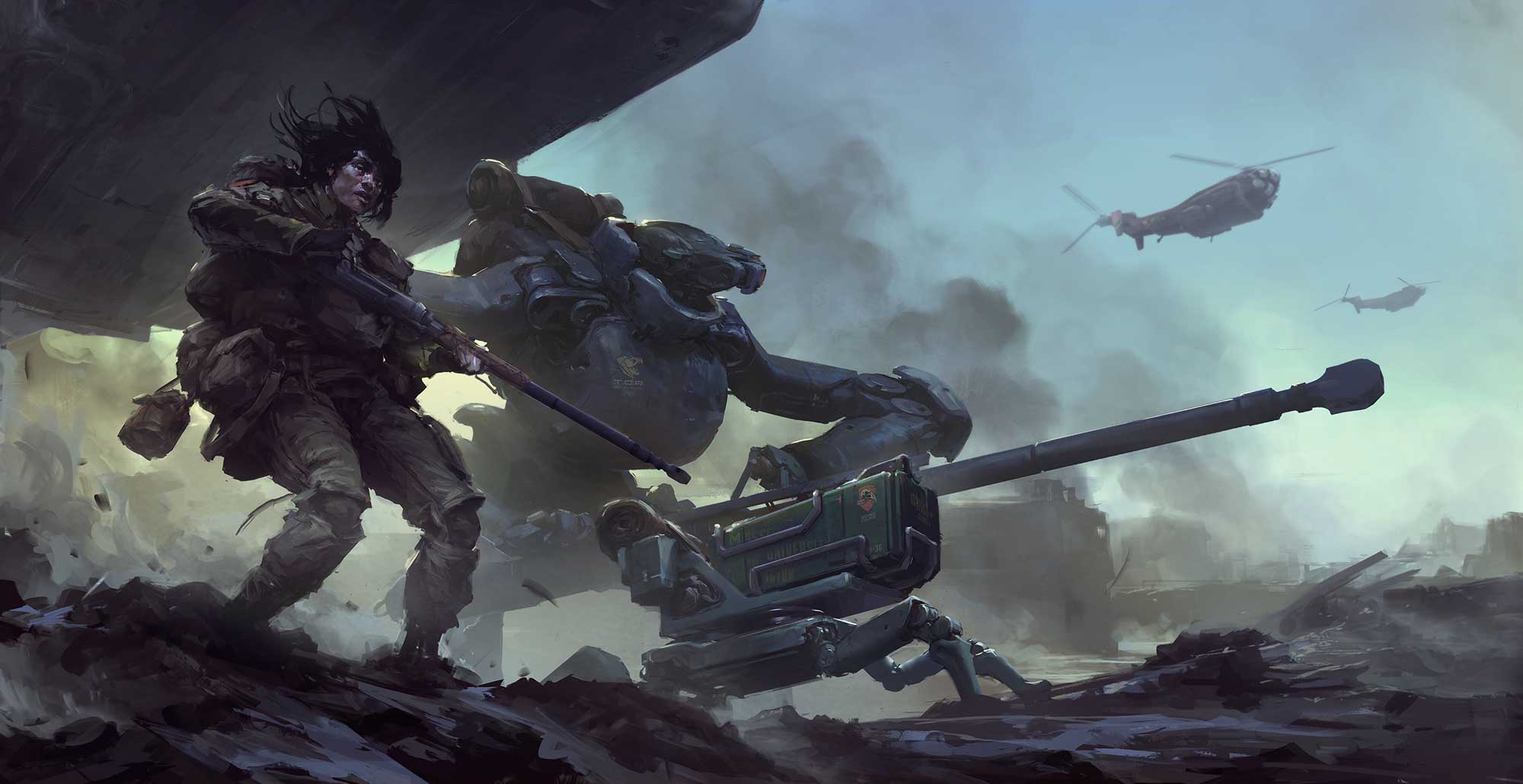
Image: Sierra, Dane Madgwick.
Fantasy into Reality
Marriott and Tobin’s paths crossed again through the White Cloud Worlds concept Tobin created, “which was taking artists that were doing science fiction and fantasy work and putting them into a book and exhibiting it throughout the country.” That concept soon turned into a trilogy that’s been taken overseas and displayed in museums.
The pair then combined their shared interests and collective skill set to run the Industry of Imagination festival in 2016 and 2017, and through their joint sponsorship was the start of an official partnership between Weta Workshop and Massey’s College of Creative Arts. Bringing together leading international and local artists in science fiction and fantasy for talks, panels and masterclasses, it seeded the idea for a formal masters degree programme.
“We could see there was an opportunity,” Tobin states. “There was so much interest, the concept design industry has been growing and growing internationally, but it wasn’t being taught in New Zealand at all.”
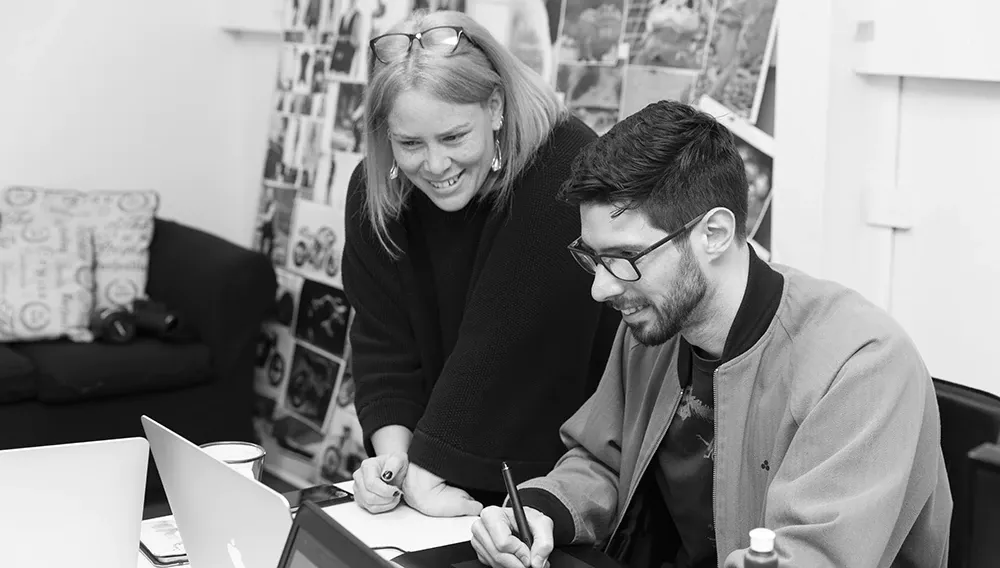
Tanya Marriott, Master of Design Supervisor, Massey University.
Marriott adds “there was work going on in production for games, for film and animation in terms of building and making assets but there’s nothing in the previsualisation, world-building and ideation/creation space. A lot of universities or polytechnics will tack that into an illustration degree or tie it onto something else.
“I had students that desperately wanted to learn this stuff, Paul has amazing contacts inside the industry and part of it was we wanted to bring people who were our design heroes over so we can meet with them and pick their brains on their technical skills.
“It sort of culminated with both of our respective employers coming together through us and realising, actually, there was a space here to run an education program.”
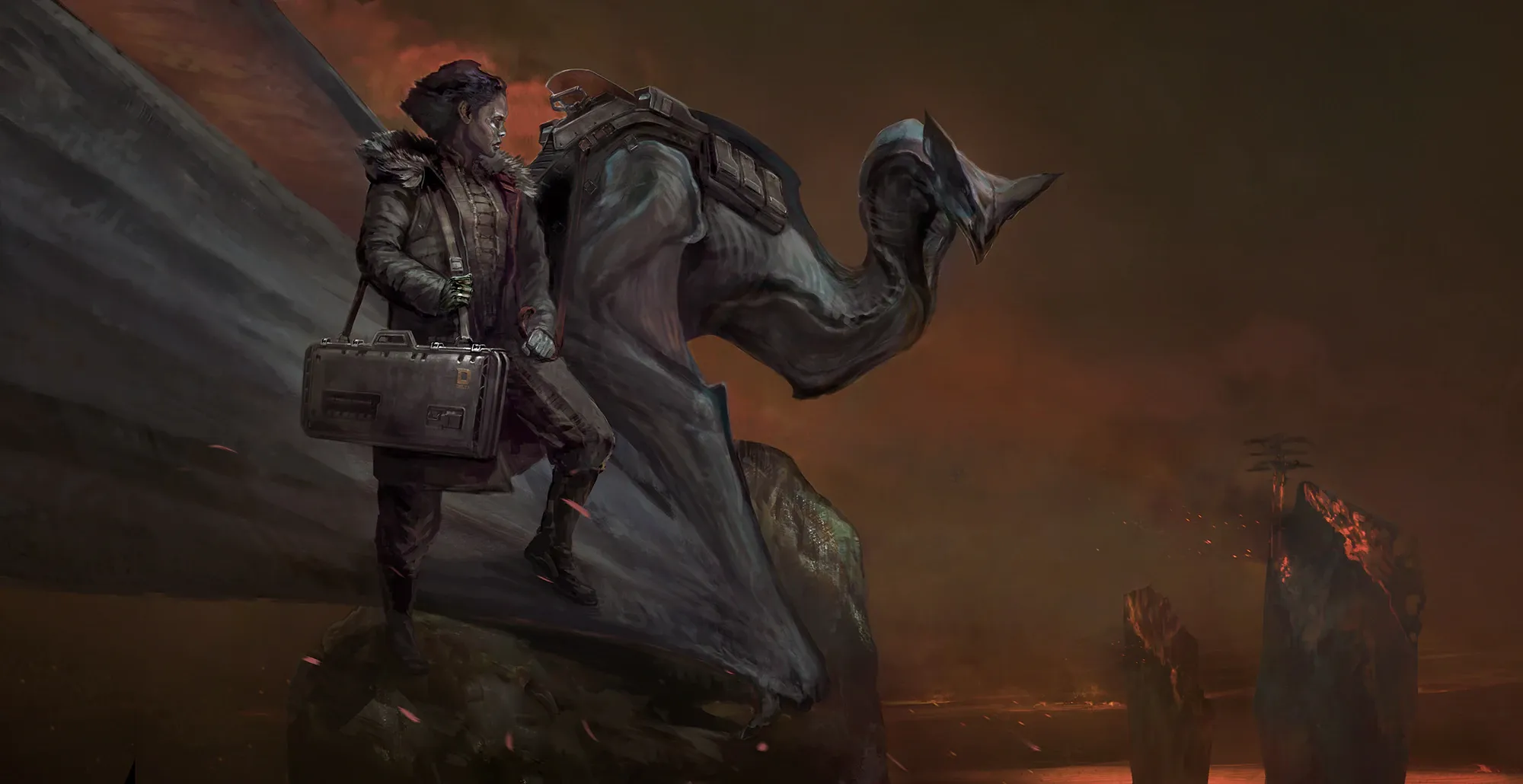
Image: Delta, Paul Tobin, Art Director Weta Workshop and Master of Design Supervisor Massey University.
Industry Intelligence
The postgraduate Master of Design programme's success has spawned an undergraduate degree that will feed into the Masters programme. It’s the first of its kind for concept design in New Zealand and believed to be only one in Australasia.
One of the significant benefits of a course run in conjunction with a well-known industry player is that what students learn replicates what they will do when they graduate.
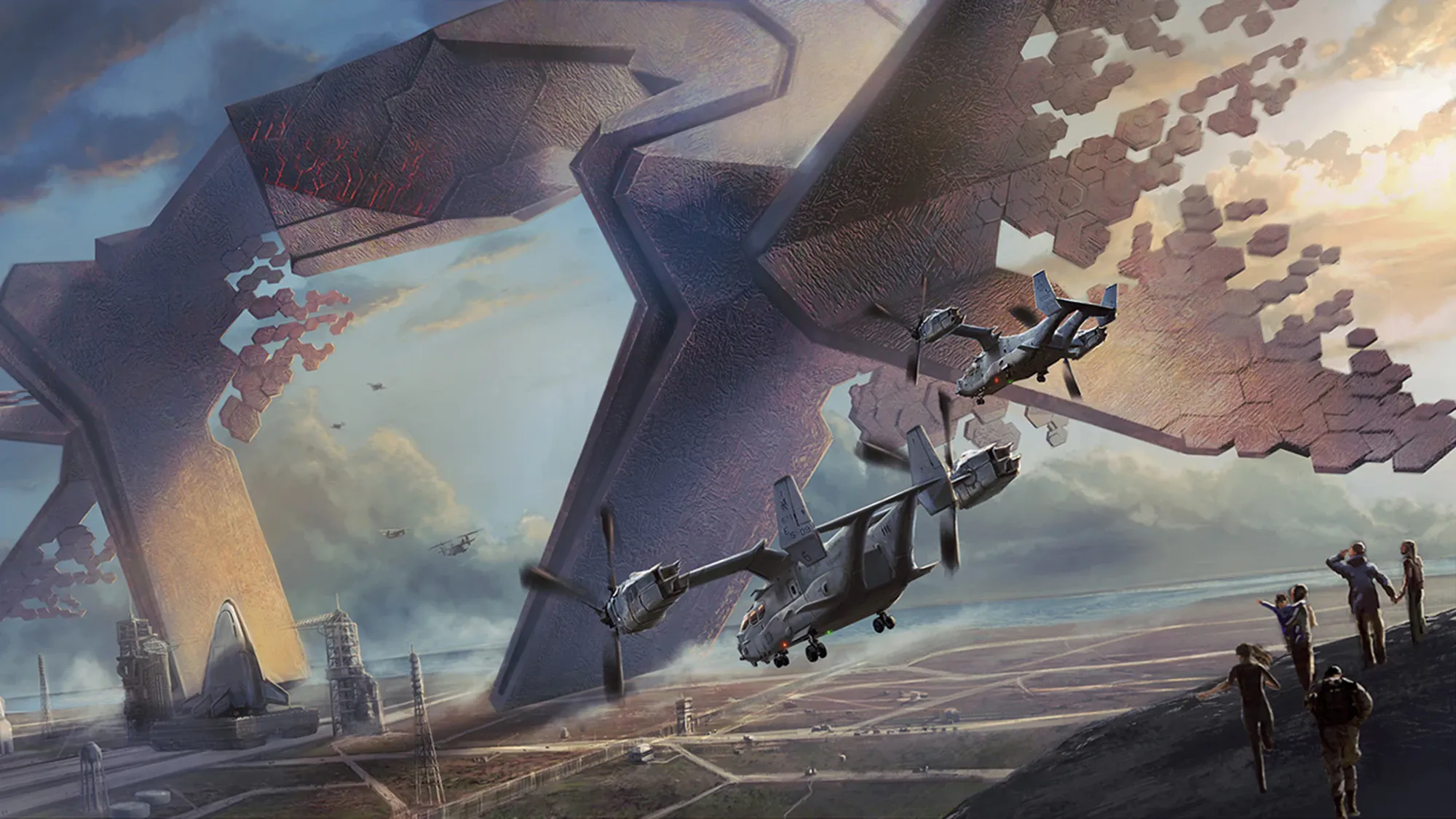
Image: The Arrival, Ivan Vegar, 2019 Master of Design graduate.
“It’s really important that we’re trying to raise the New Zealand industry bar,” Tobin underlines. “Anyone who’s wanting to get into the industry can study directly with people who are already in the industry; it is going to improve their chances of making those relationships and making those contacts.”
Marriott jumps in, “What we’re offering students is the opportunity of bringing in projects they want to incubate and maybe take off into industry. We take them through the Weta Workshop way of designing - there’s a particular process of designing that Weta Workshop has spent years developing and we train students in that way and give them those skills, which are completely transferable into whatever business they want to go into.
“There are so many people coming up with really wonderful ideas. We’ve now got a global audience sitting there watching that you can take these products to market, it’s a digital business, you can run it from any part of the country.”
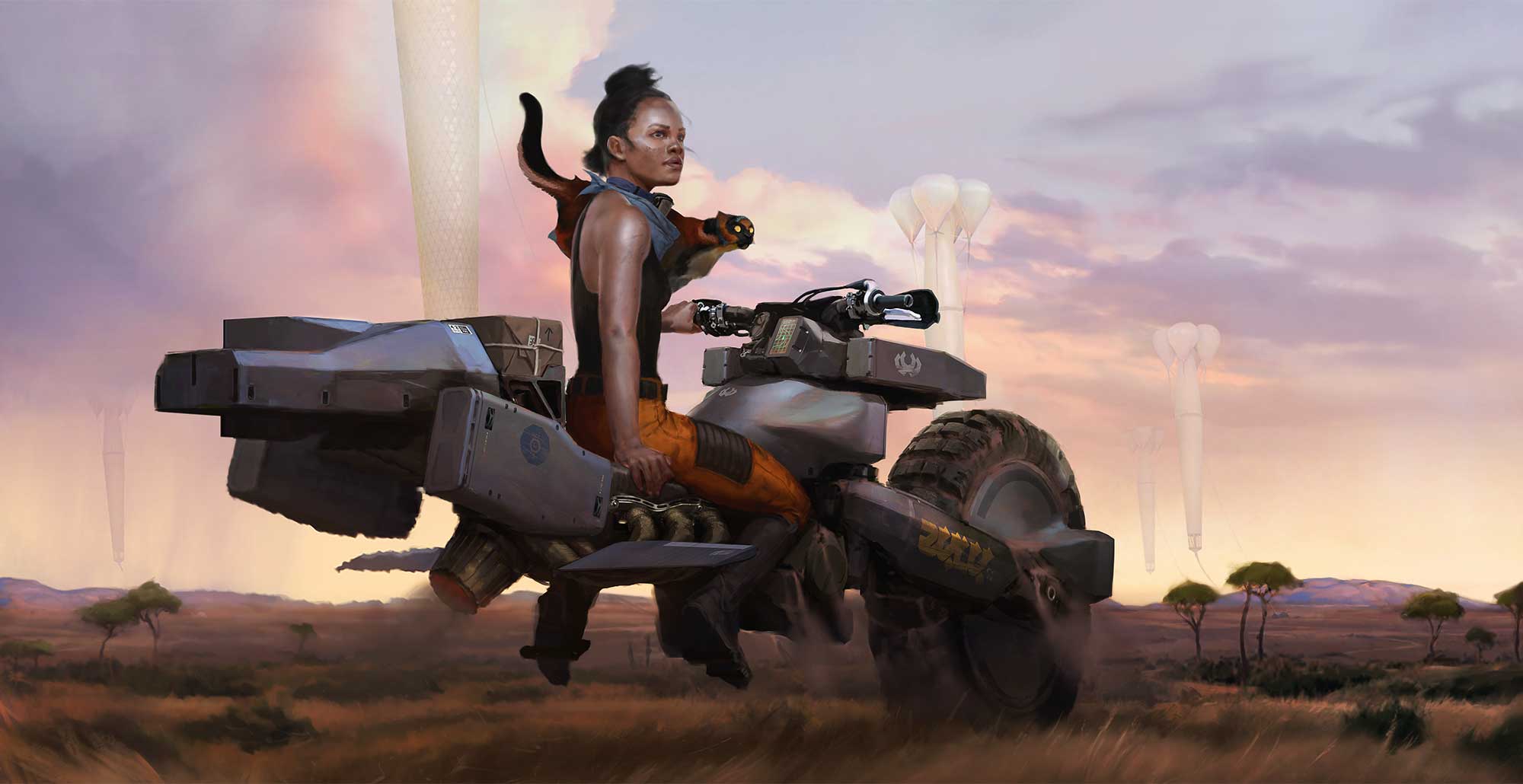
Image: Zulu, Jeremy Hanna, Weta Workshop.
There are two routes into the Master of Design - either with a four year Bachelor’s degree to your name or with a healthy dose of industry experience under your belt.
“You don’t have to have an illustration degree, but the core of the Masters is drawing, painting, rendering and modelling so ideally you need to have those skills because you’re mastering those skills,” Marriott explains.
“What we really want is students who may have been working in the industry or other areas who have got these crazy ideas that they want to do something, to build this world, flesh out the characters to work out how people are going to engage in it. We’ll help them to develop that and get them to think more critically about why and how they’re doing it, how to make their product step above everyone else’s and be really interesting and unique.”
Written in partnership with Weta Workshop School at Massey University. For more information or to apply, head to wetaworkshopschool.massey.ac.nz/
